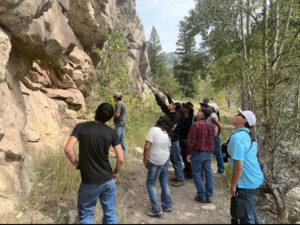The Blackfeet THPO Office shall regulate access to the Chief Mountain to protect and preserve the cultural, spiritual, and ecological integrity of the area. Ninastako has served as a sacred landscape for the Blackfoot people for thousands of years and is the origin of the Thunder Medicine Pipe. The Chief Mountain area is a critical ecological system home to traditional flora and fauna including many keystone species including west throat cutthroat trout, grizzly bear, and bison. It is paramount that access to this area is regulated to preserve the ecological and cultural heritage for future generations.
Per tribal resolutions, 219-82 and 219-92, close the 1-mile radius surrounding the base of Chief Mountain and permit ceremonial and religious activities.
Permits
Any person/entity wishing to access (Zone 1 and Zone 2) must obtain a permit from the Blackfeet THPO Office. During hunting season, large groups will be limited in this area for safety concerns and to minimize ecological and habitat degradation.
ZONE 1. Chief Mountain and 1-mile radius
The following groups/activities are permitted access to Chief Mountain Peak and within the 1- mile radius:
1) Traditional Blackfoot ceremonial practitioners and knowledge keepers (tribal members and descendants).
2) Other Indigenous traditional, ceremonial, and practitioners
1) Authorized personnel of the Blackfeet Tribe including THPO staff, Shield Keepers, Blackfeet Fish and Wildlife, etc.
3) Community education groups that directly benefit the Blackfoot people
4) Hunters and Outfitters following the BFW Code of Regulations
5) Academic and ethnohistoric researchers approved by the Blackfeet THPO Office
ZONE 2. Chief Mountain Unit: Hunting, Fishing, Gathering, Outfitting and Guiding
The following groups and activities are permitted in Zone 2:
1. Authorized personnel of the Blackfeet Tribe including THPO staff, Shield Keepers, Blackfeet Fish and Wildlife
2. Academic, scientific, and ethnohistoric researchers approved by the Blackfeet THPO Office and BFW
3. Tribal members and descendants are allowed to hunt per BFW Code
4. Non-Indians guided by an approved Blackfeet Outfitter or guide per the BFW Code of Regulations
5. Blackfeet tribal members and descendants – recreational activities including but not limited to hiking, camping, horseback riding, etc.
Activities Not Permitted in the Chief Mountain Area’s Zone 1 and Zone 2
1) Use of motorized vehicles; unless authorized by BFW and Blackfeet THPO
2) Non-Indians – recreational activities including mountain biking, camping, use of ATVs, and horseback riding (Unless with a licensed guide under the BFW Code of Regulations)
3) Outfitters and guides are not permitted to show non-Indians trailheads to access the peak of Chief Mountain.
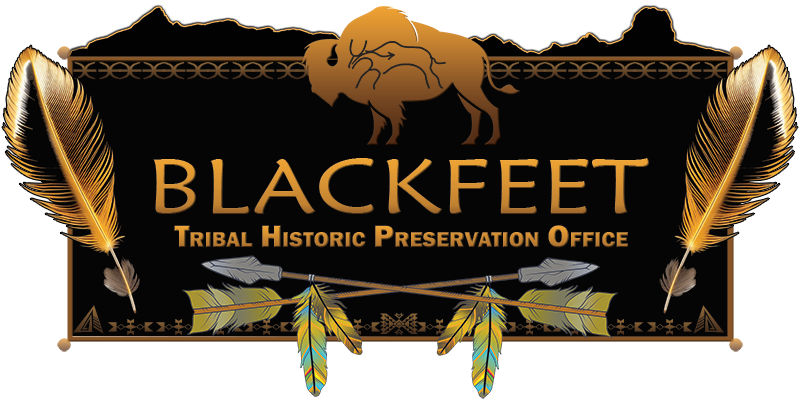
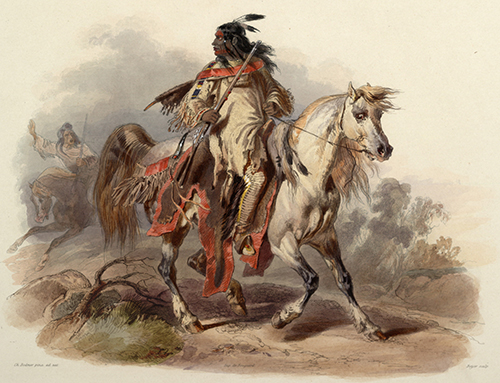


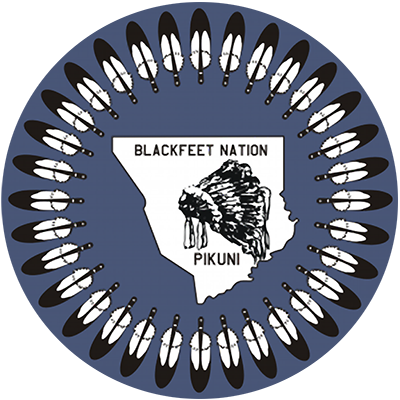
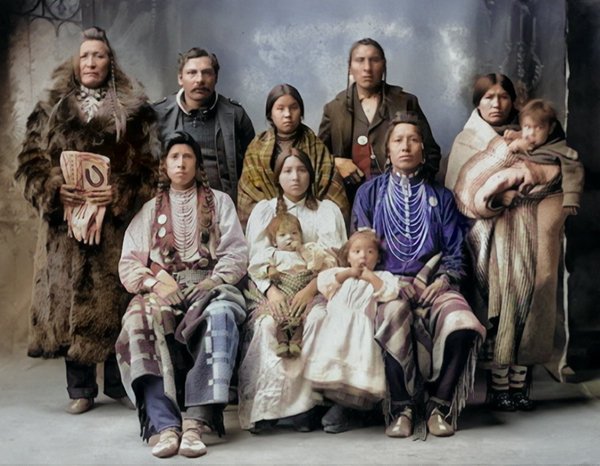
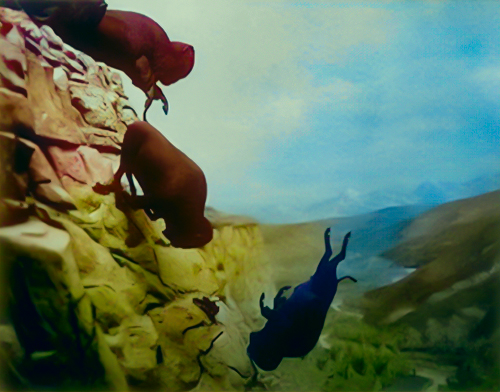
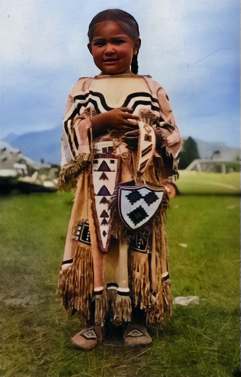
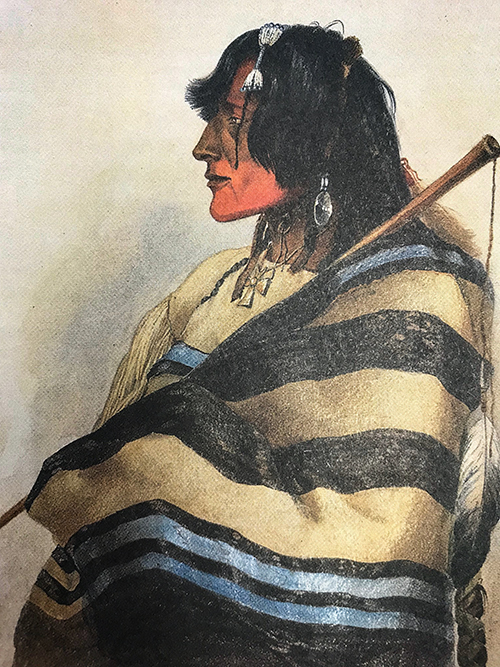 Traditional Ecological Knowledge (TEK) is the ongoing accumulation of knowledge, practice, and belief about relationships between living beings in a specific ecosystem that is acquired by indigenous people over hundreds or thousands of years through direct contact with the environment, handed down through generations, and used for life-sustaining ways. This knowledge includes the relationships between people, plants, animals, natural phenomena, landscapes, and timing of events for activities such as hunting, fishing, trapping, agriculture, and forestry. It encompasses the worldview of a people, which includes ecology, spirituality, human and animal relationships, and more.
Traditional Ecological Knowledge (TEK) is the ongoing accumulation of knowledge, practice, and belief about relationships between living beings in a specific ecosystem that is acquired by indigenous people over hundreds or thousands of years through direct contact with the environment, handed down through generations, and used for life-sustaining ways. This knowledge includes the relationships between people, plants, animals, natural phenomena, landscapes, and timing of events for activities such as hunting, fishing, trapping, agriculture, and forestry. It encompasses the worldview of a people, which includes ecology, spirituality, human and animal relationships, and more.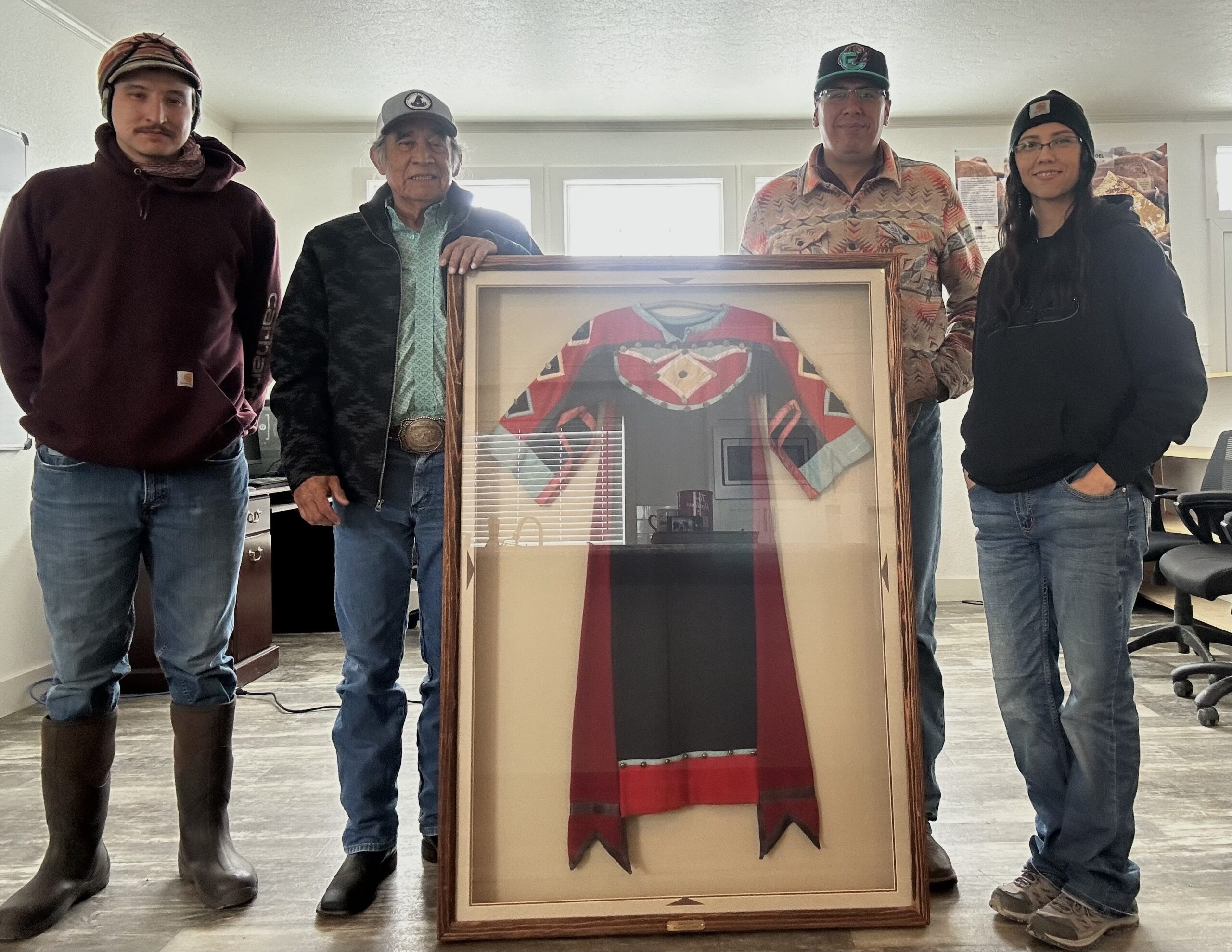
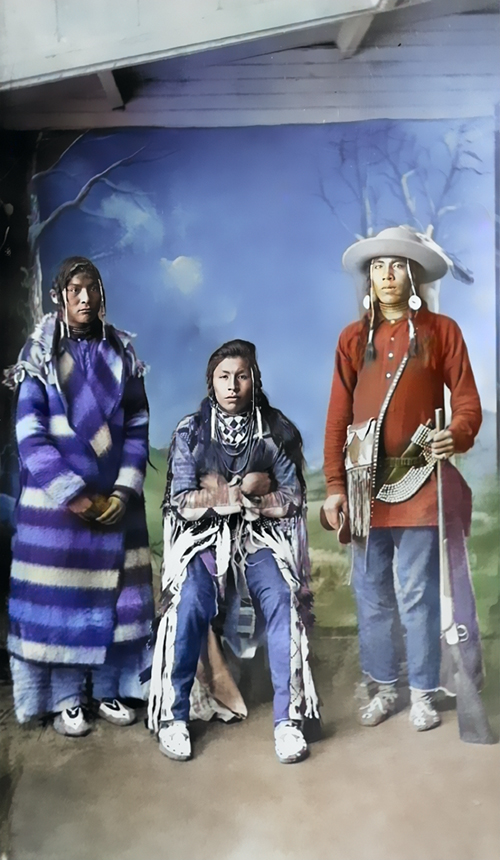
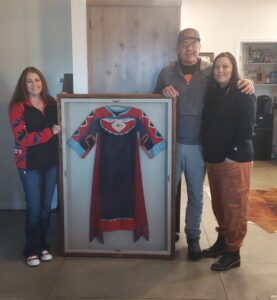



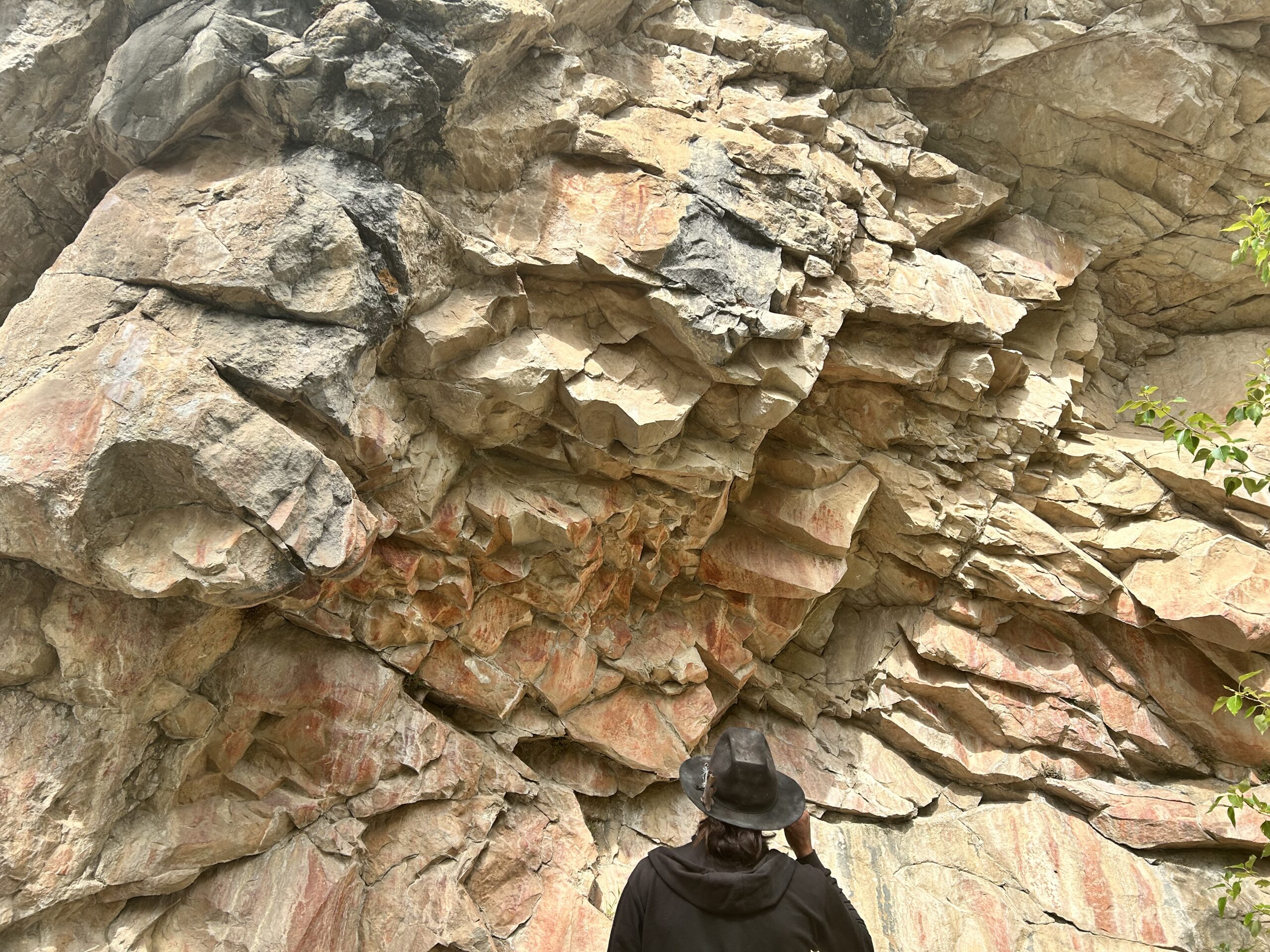 Sacred Sites:
Sacred Sites: